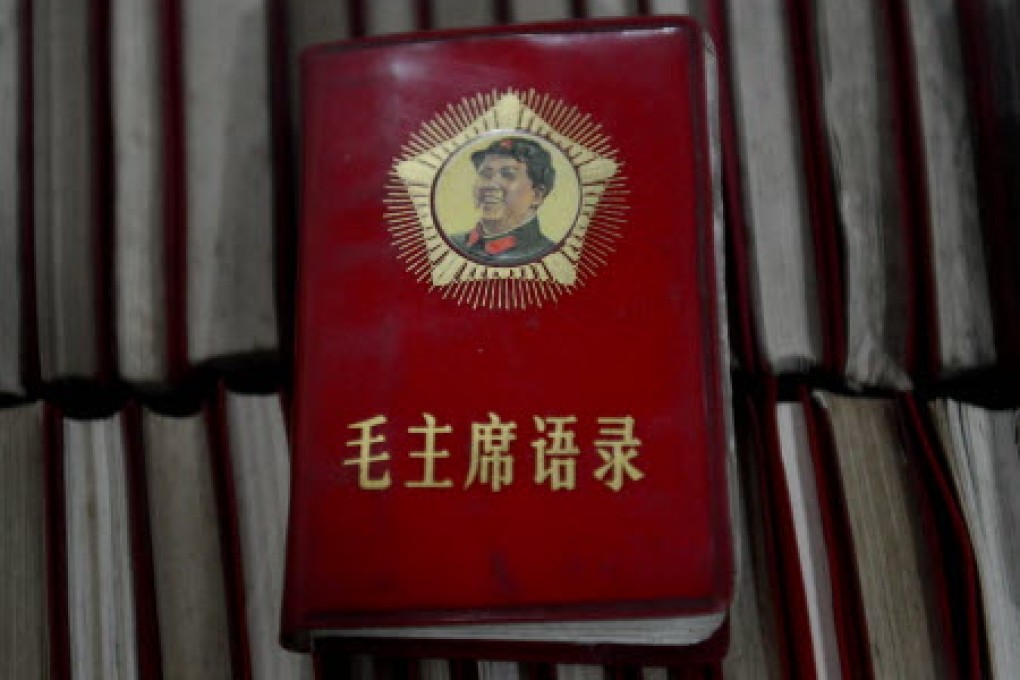Remorse over Cultural Revolution sparks media debate
Remorse of former Red Guards met with general approval, as an opportunity to learn from mistakes of Cultural Revolution

Vladimir Lenin, founder of the Soviet Union, once said that to forget the past was tantamount to a betrayal.
In the past few months, a number of Red Guards from the Cultural Revolution have decided to betray their consciences no longer, by publicly expressing remorse for their actions during the decade-long paramilitary movement launched by Mao Zedong in 1966.
A heated discussion emerged in the media last week over how the public should interpret such acts of contrition, and what younger generations can learn from that tragic chapter.
Liu Boqin, a retired cultural-relics official from Shandong province, took out a quarter-page advertisement in the monthly magazine Yanghuang Chunqiu in June in which he admitted beating and spitting on teachers, and terrorising local families to show his allegiance to chairman Mao.
"This is how deeply I feel the sorrow as I grow old - I cannot forget the evil things I should be held responsible for, that I was somehow coerced into doing during the Cultural Revolution," Liu wrote.
Mao launched the Cultural Revolution to purge dissent within the party, but the movement spiralled out of control, plunging the country into anarchy. People turned against each other at school, at work and even at home with no regard to the rule of law or even basic humanity.
Beijing lawyer Zhang Hongbing, 59, expressed his deep remorse over the execution of his mother by Red Guards in 1970 during an interview with The Beijing News this month.